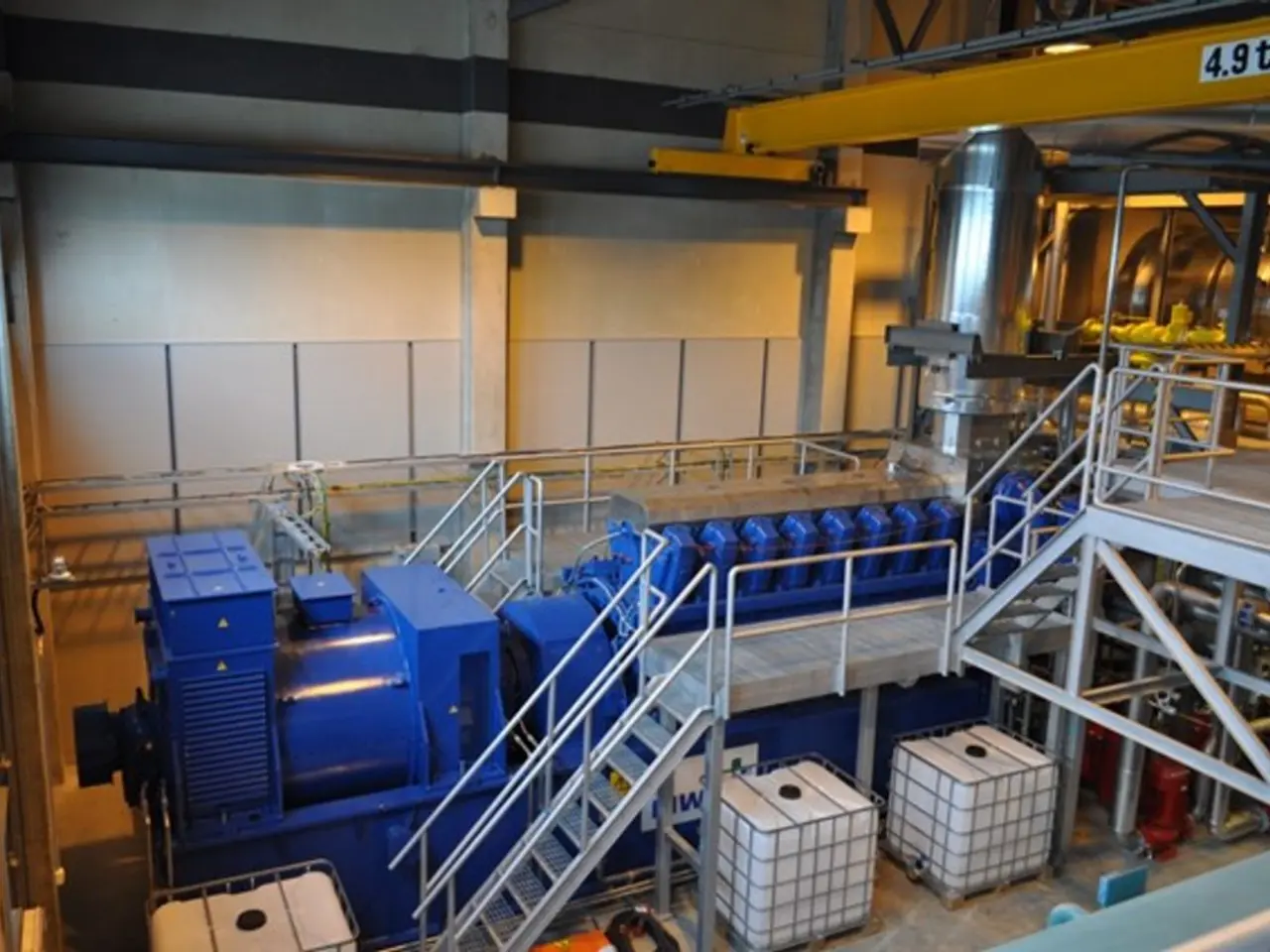Preparing for the Execution of a Bale Making Enterprise
In the world of recycling, efficiency and organisation are key to success. Leading manufacturers in Germany, such as ARP GmbH & Co. KG and Erdwich Zerkleinerungs-Systeme GmbH, specialise in high-quality baling wires for recycling plants. Both companies have extensive experience and reliable production, contributing to the advancement of recycling machinery and systems in Germany.
When it comes to recycling materials, each type should be baled separately to maximise efficiency. This process, known as baling, involves squeezing recycled materials into cubes and tying them together using baler wire. It's a crucial step in the recycling process, as baled materials are space-efficient, easy to move, break down, and measure.
However, baling operations can face challenges. Poor material flow logistics are one of the biggest causes of problems within recycling operations. To avoid these issues, it's essential to consider the operational capacity of individual balers and the flow of materials as the primary logistical concern when making any changes to a recycling plant.
When installing a baling machine into a recycling line, the size of the bale is an important consideration. For instance, single ram extrusion balers are suitable for paper but struggle with large amounts of aluminum. In such cases, vertical, horizontal, or closed-door balers may be more appropriate. Each baler is suitable for different material types, and it's crucial to choose the right baler for the specific materials being recycled.
The type of ram in the baler is another important consideration. For instance, vertical balers are ideal for materials like cardboard and plastics, while horizontal balers are better suited for metals and dense materials. Closed-door balers, on the other hand, offer a more enclosed environment, reducing dust and minimising the risk of contamination.
The wire used in baling should be flexible, corrosion-resistant, and strong. The best baling wire is made of galvanized, high-carbon steel. This ensures that the baled materials remain secure during transportation and storage, and are easy to handle when they need to be processed further.
Modern recycling plants should have a baling operation on site. By doing so, they can streamline their recycling process, improve conditions for operatives working on site, and create tidier storage solutions compared to loose material storage. It's also recommended to research the kind of materials that an operation needs to bale before contracting a baling company to ensure the most efficient and cost-effective solution.
In conclusion, baling plays a vital role in the recycling industry. By understanding the different types of balers, the suitable materials for each, and the importance of logistics, recycling plants can improve their efficiency, reduce costs, and contribute to a more sustainable future.
Read also:
- House Infernos: Deadly Hazards Surpassing the Flames
- Aspergillosis: Recognizing Symptoms, Treatment Methods, and Knowing When Medical Attention is Required
- Accident at Rodalben Results in Injuries; Geoskop Area near Kusel Affected After Stormy Weather
- Doctor's mistrust reported by father of child who succumbed to diphtheria




